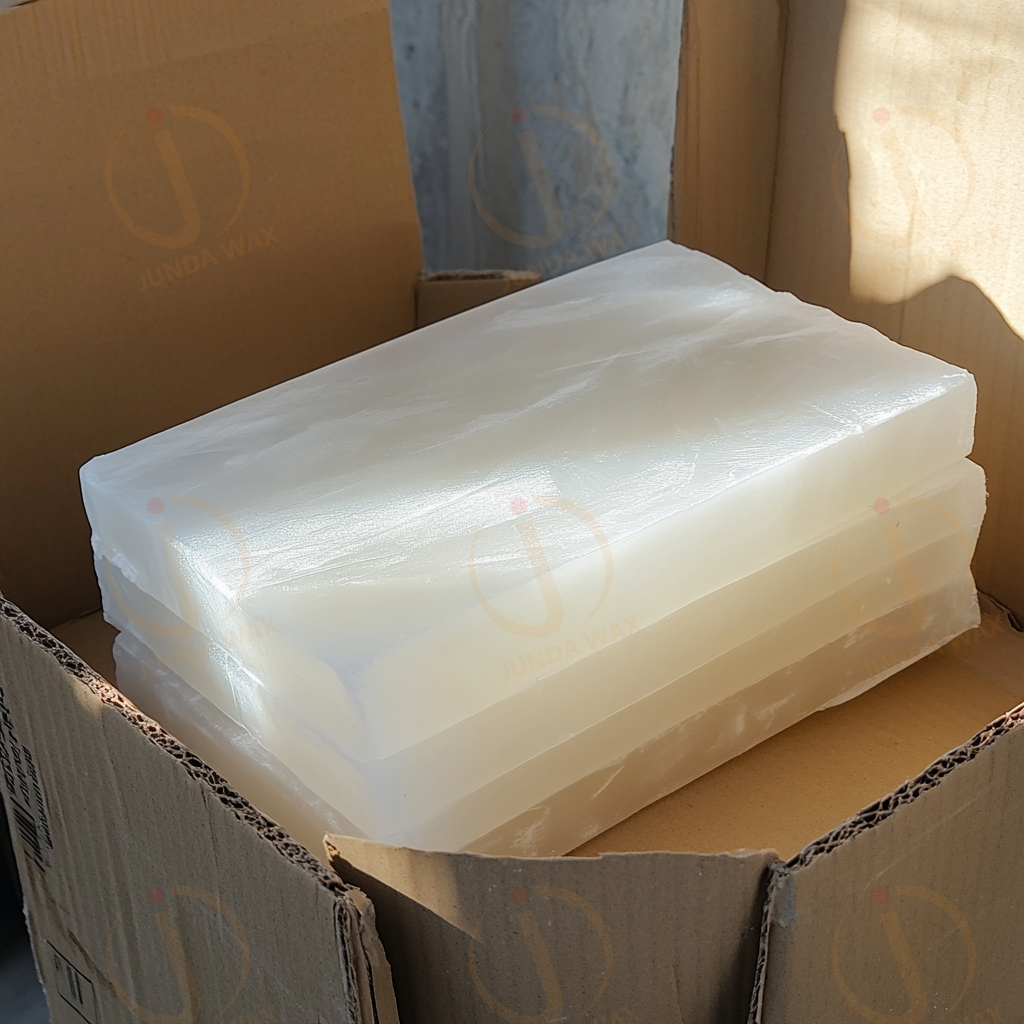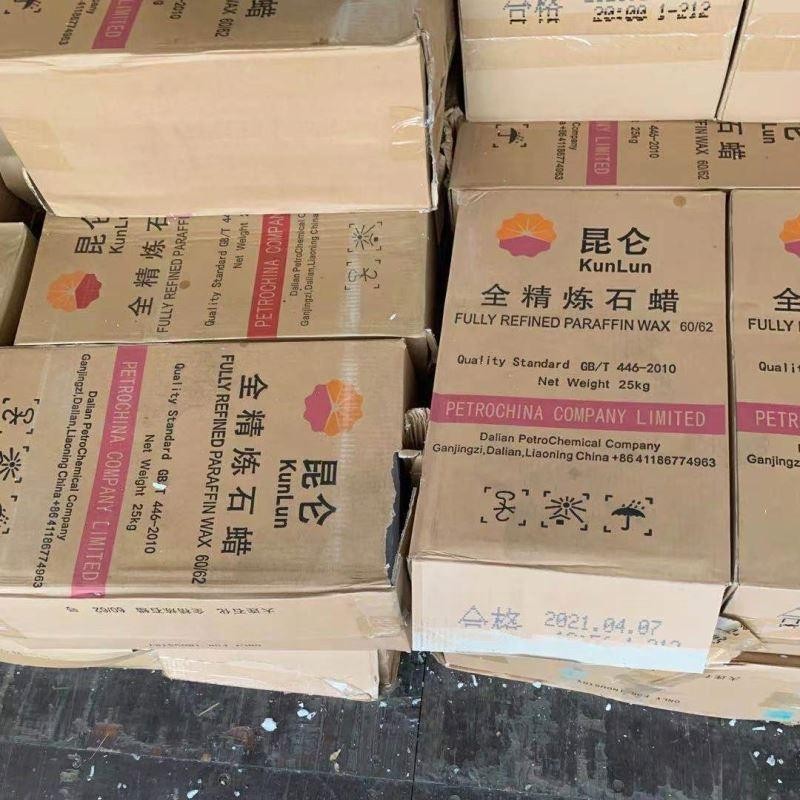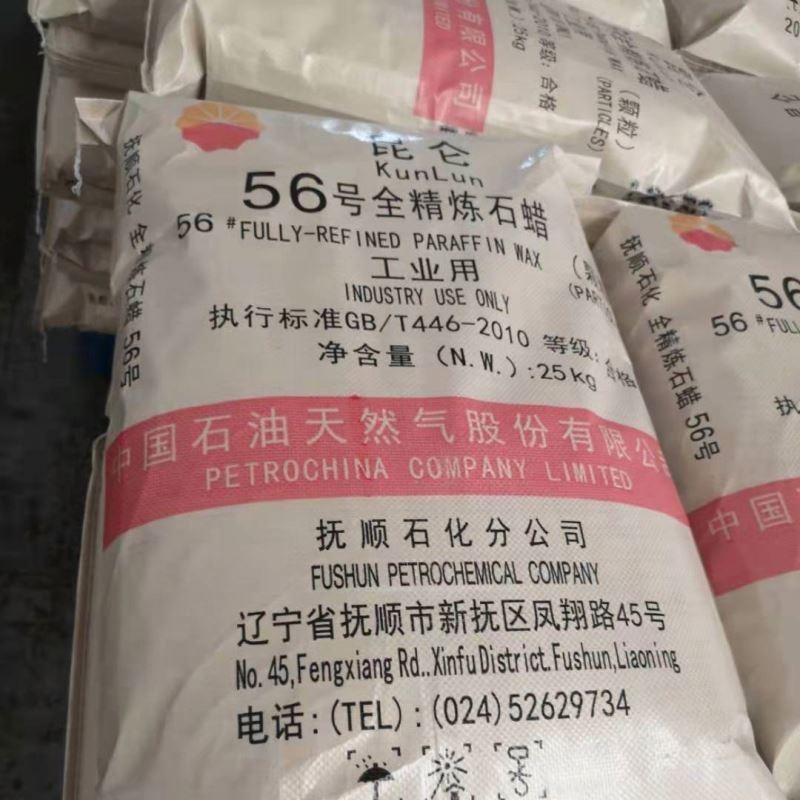Hidden Cost #1: Sanctions-Induced Logistics and Payment Obstacles
Case Study: Russia
A German candle manufacturer purchased Russian 58/60 fully refined paraffin wax at $810/MT in 2023. Due to EU "shadow sanctions," the shipment was detained at Poland’s Gdansk Port for 45 days, forcing the company to:
Airfreight emergency stock: Pay $4,200/MT (5x cost difference vs. sea freight).
Penalty fees: Incur 280,000 in fines for delay delivery to retailer
Acutal Cost: Effective price of paraffin wax surged to 1,150/MT** (hidden costs + penalties), far exceeding Chinese quotes.
Solution:
Require paraffin wax suppliers from sanctioned regions to provide "sanctions-free certification" (e.g., crude oil origin proof, bank clearance paths). Reject those unable to comply.
2. Hidden Cost #2: Substandard Quality Triggers Product Disasters
Case Study: India
A U.S. aromatherapy candle brand imported 54–56°C fully refined paraffin wax from India in 2022. Sulfur content exceeded contract limits (72ppm vs. <30ppm), leading to:
Product recall: Destroyed 5 container loads (loss: $650,000).
Brand damage: Amazon suspended listings for 3 months, increasing customer churn by 15%.
Actual Cost: Hidden quality control expenses added $220/MT.
3. Hidden Cost #3: Inefficient Paraffin wax Supply Chains Cause Production Delays
Case Study: Iran
A French manufacturer sourcing semi-refined paraffin wax from Iran via a Turkish intermediary faced 28-day delays in Q2 2024 due to Houthi attacks on Red Sea shipments, resulting in:
Production downtime: Paid $12,000/day in idle labor costs.
Emergency procurement premiums: Bought spot cargo from China at a $180/MT markup.
Actual Cost: Procurement costs rose by 30%.
4. Hidden Cost #4: Adulteration and Specification Fraud
Common Scams:
Russian/Indian small refineries often sell semi-refined paraffin wax as fully refined or blend low-melting-point wax (e.g., mixing 52°C with 56°C wax), causing candle deformation or combustion issues.
Example Costs:
Detecting adulteration post-delivery incurs:
Testing fees: $800
Return shipping: $3,200
Port storage: 25,000 per incident.
Solution:
Sign a "Quality Guarantee Agreement": Require suppliers to pay 200% compensation for non-compliant products.
5.Hidden Cost #5: Substandard Paraffin wax Material Fraud
Case:
A European candle manufacturer ordered 500 MT of "fully refined paraffin wax 58-60°C with <0.5% oil content" from a Hebei,China-based trader. The shipment arrived with:
Hidden blends: 30% lower-grade slack wax mixed into the product.
Falsified test reports: Oil content was 2.8% (vs. contractually agreed 0.5%), leading to excessive soot in candles and $1.2M in customer refunds.
Red flags:
Paraffin wax Supplier refused third-party inspections.
No verifiable SINOPEC/Fushun refinery certifications.
How to Eliminate Cheap Traps? — 3-Step Strategy
1. Strict Supplier Screening: Partner Only with "Zero-Risk" Paraffin wax Providers
Non-negotiable criteria:
ISO certifications
Minimum 10 years of export experience, Zero customs violations in 3 years
Include "anti-sanctions clauses" in contracts (termination if sanctioned entities are involved).
3. Lock in Long-Term Benefits with China’s Top Paraffin wax Suppliers
Price & volume guarantees: Sign 2–3-year contracts with suppliers like Junda Wax.
Customization: Collaborate with R&D teams to adjust viscosity, shrinkage, and other metrics for your production line.
Act Now:
Send your monthly demand to robyhuo@jundawax.com for a Professional procurement plan and a free Sample.




